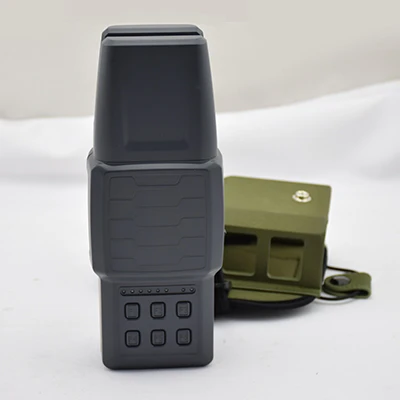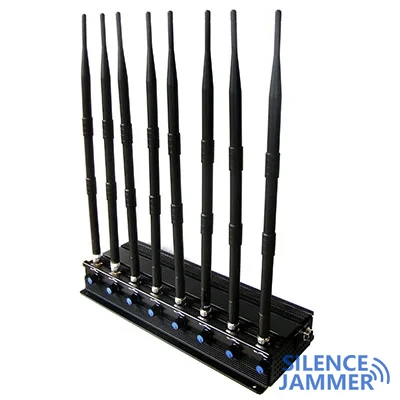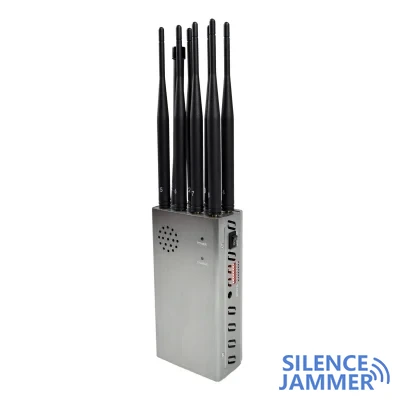The new signal jammer device in Bangalore Central Jail has expanded the range of mobile phone signal blocking, resulting in daily communication obstruction for surrounding residents, causing widespread dissatisfaction and protests.
Bangalore Palapana Agrahara Central Jail recently installed a new high-frequency jammer called "Tower Harmony Call Blocking System" (T-HCBS), which is designed to block the mobile phone signals of prisoners. However, this move has caused strong dissatisfaction among surrounding residents. Since the signal jammer device was activated, more than 20,000 residents within a radius of nearly one kilometer around the prison have found that their mobile phones have "no signal" and cannot carry out basic communications and transactions, which has seriously affected their daily lives.

Comparison of the impact range of new and old signal jammers
Compared to the previous signal jammer device that only covered a range of 100 meters, the new jammer has expanded to nearly one kilometer, resulting in mobile phone signals being blocked in a larger range. The affected residents complained that they were not able to receive OTPs (one-time passwords) and conduct financial transactions, and even making emergency calls became a problem. In addition, due to the blocked signal, residents were unable to guide e-commerce deliverymen to their addresses through navigation systems, which further aggravated their plight.
Residents' protest and prison authorities' response
Unable to endure the continuous signal outage, residents near the South Winds Jail organized a protest in front of the prison and submitted a memorandum to the prison director Malini Krishnamurthy, demanding measures to resolve the problem. Despite repeated complaints from residents to the prison authorities, no effective solution has been received so far. Instead, the Department of Prisons and Correctional Services has requested the Department of Telecommunications (DoT) to intervene, inspect the area and come up with a plan to improve the signal.
On May 6, the Department of Telecommunications conducted a joint inspection of the area with several major telecom service providers such as BSNL, Vodafone and Reliance Jio Infocomm. The survey found that the coverage of the three signal towers in the prison extended 500 meters, 700 meters, 400 meters and 700 meters to the east, south, west and north respectively. However, these signal towers are still not enough to cover the entire affected area, and the residents' mobile phone signal problem has not been solved.
Residents' Dilemma and Expectations
Faced with the persistent signal problem, residents feel helpless. A resident named Nithyanandhan said: "Our mobile phones have become fake devices. No matter how we change the SIM card, the signal problem still exists." He also pointed out that individuals working from home and students taking online classes have been severely affected. Parents cannot track their children's school bus whereabouts or receive any emergency warnings.

Residents are not asking for the complete removal of jammers. Their appeal is just to reduce the frequency of jammer use to reduce the impact on their lives. In addition, even police officers on duty are troubled by signal problems, which further highlights the severity of the problem.
Although the original intention of installing jammer devices in prisons was to prevent prisoners from illegally using mobile phones for criminal activities, this measure has also brought great inconvenience to the lives of innocent residents. Residents hope that the government and relevant departments can find a balanced solution that can ensure the safety of the prison while restoring their normal communication services. This issue needs to be resolved as time goes by, otherwise it will further increase the tension between residents and prison authorities.




